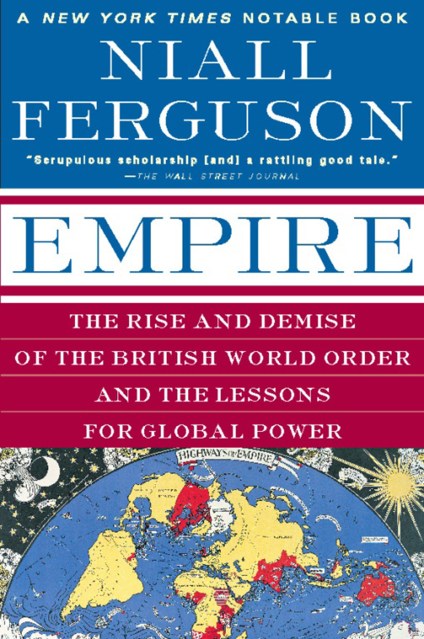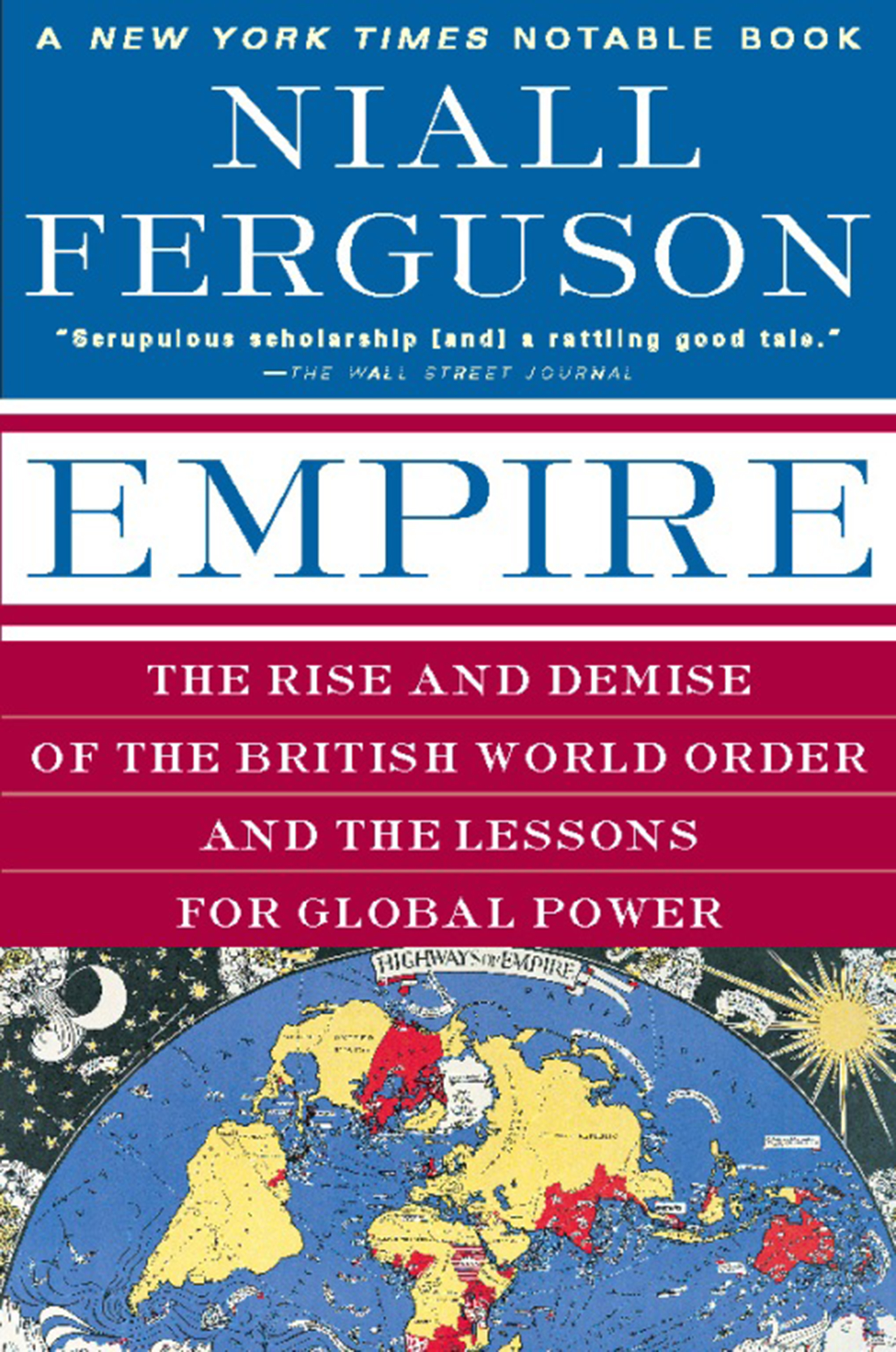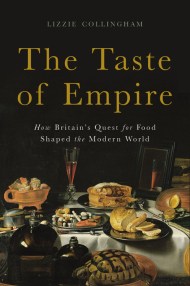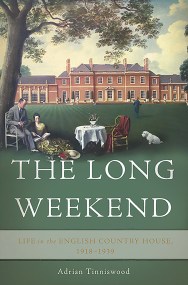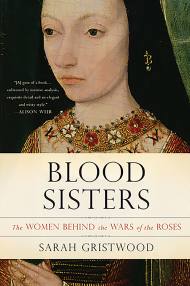By clicking “Accept,” you agree to the use of cookies and similar technologies on your device as set forth in our Cookie Policy and our Privacy Policy. Please note that certain cookies are essential for this website to function properly and do not require user consent to be deployed.
Empire
The Rise and Demise of the British World Order and the Lessons for Global Power
Contributors
Formats and Prices
- On Sale
- Mar 17, 2008
- Page Count
- 384 pages
- Publisher
- Basic Books
- ISBN-13
- 9780465013104
Price
$14.99Price
$19.99 CADFormat
Format:
- ebook $14.99 $19.99 CAD
- Trade Paperback $21.99 $28.99 CAD
This item is a preorder. Your payment method will be charged immediately, and the product is expected to ship on or around March 17, 2008. This date is subject to change due to shipping delays beyond our control.
Buy from Other Retailers:
The British Empire was the largest in all history: the nearest thing to global domination ever achieved. The world we know today is in large measure the product of Britain’s Age of Empire. The global spread of capitalism, telecommunications, the English language, and institutions of representative government — all these can be traced back to the extraordinary expansion of Britain’s economy, population and culture from the seventeenth century until the mid-twentieth. On a vast and vividly colored canvas, Empire shows how the British Empire acted as midwife to modernity.
Displaying the originality and rigor that have made Niall Ferguson one of the world’s foremost historians, Empire is a dazzling tour de force — a remarkable reappraisal of the prizes and pitfalls of global empire.
Genre:
-
A New York Times Notable Book
-
"Scrupulous scholarship [and] a rattling good tale."Wall Street Journal
-
"A concise and lucid exposition...Popular history at its best."Washington Post
-
"Ferguson...is a wonderfully fluent writer, weaving telling details and vivid anecdotes seamlessly into his narrative."New York Times
-
"An entertaining, engaging romp through four centuries of British imperialism."Los Angeles Times
-
"Fluently written, engaging...Empire is a model of how to do popular history."The Economist
Newsletter Signup
By clicking ‘Sign Up,’ I acknowledge that I have read and agree to Hachette Book Group’s Privacy Policy and Terms of Use
